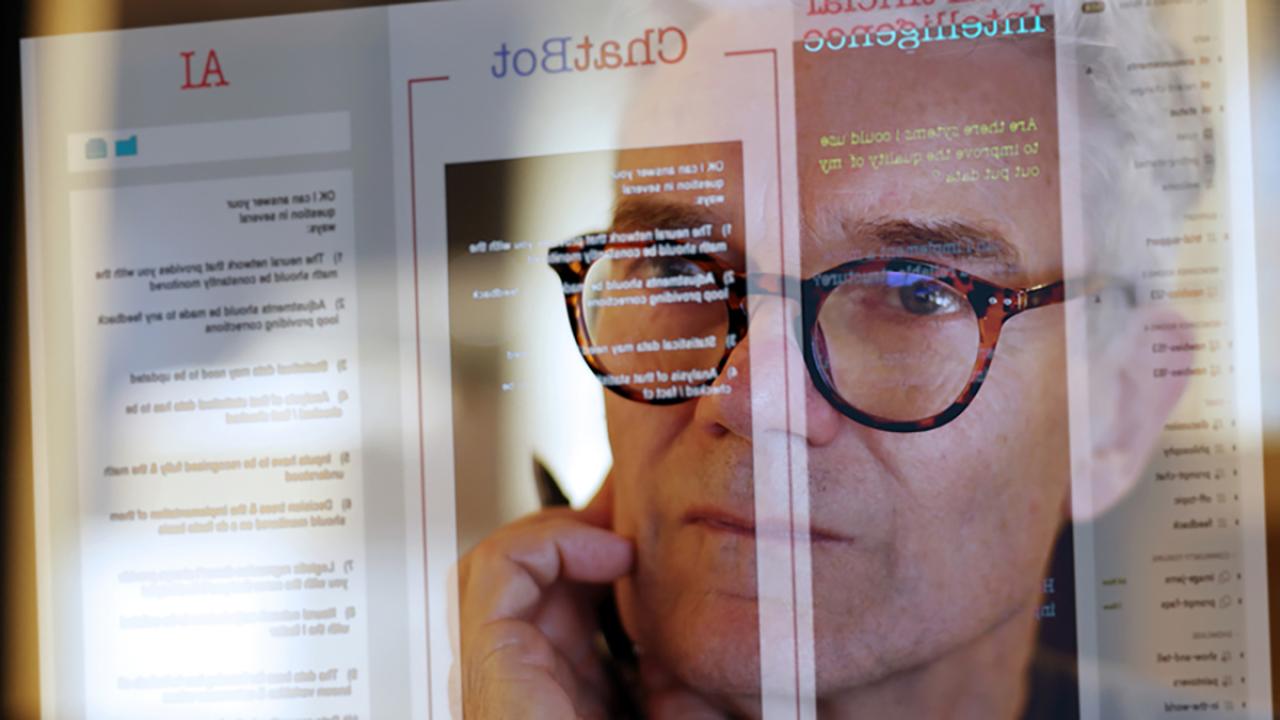
The Rise of AI: Friend or Foe in the Future of Work?
The rapid advancement of artificial intelligence (AI) has ignited both excitement and fear in the workforce. While the technology itself isn't new, its recent growth and popularity have sparked debate about its impact on jobs and careers. As professionals face the potential of AI impacting their work, reactions range from enthusiastic anticipation of its possibilities to deep anxiety about its potential to replace jobs altogether.
Navigating the Unknown
Emily Doringer, instructor in UC Davis Continuing and Professional Education's Paralegal Certificate Program, aptly captures the uncertainty surrounding AI's impact: "With all new iterations of existing technologies come new questions about how that technology will be used and resulting legal, social or economic implications." The full extent of these implications remains to be seen.
While some, like the World Economic Forum, predict job displacement due to AI, others like Forbes point to its potential for job reimagination, with AI as a complementary tool rather than a complete replacement. In fact, we can expect AI to create 97 million new roles as we adapt, potentially reimagining existing jobs with AI components.
Future-Proofing Your Skills
Certain skills are thought to be "future-proof" in the face of AI. These include:
- Deep-level thinking, problem-solving, reasoning and creativity
- Interpersonal communication and relationship building
LinkedIn identifies several uniquely human skills that AI cannot replace, such as those requiring judgment, intuition and emotional intelligence AI also lacks human empathy and adaptability, making it ill-equipped for tasks requiring these qualities.
Financial Management Magazine emphasizes the importance of continual professional development to stay relevant and adaptable in the evolving technological landscape. This proactive approach will make it easier to pivot and embrace new opportunities as they arise, including AI technologies.
Future-proofing your skills also means understanding how AI is being used in your field and familiarizing yourself with AI technologies. According to Richard Baldwin, an economist and professor at the Geneva Graduate Institute in Switzerland, “AI won’t take your job. It’s somebody using AI that will.”
AI as a Powerful Partner
While concerns surrounding AI are valid many see the value it can give workers. Forbes highlights its potential to alleviate employee burnout, a significant issue in the modern workplace. Nearly 68% of workers reported feeling overloaded, lacking the time for focused work. Additionally, 70% expressed a desire to delegate tasks to AI to lessen their workload.
AI is becoming more widely used in the business world, particularly in marketing and sales as its capabilities gain broader recognition. Rainier de Ocampo, executive vice president of marketing for Solar Optimum and an adjunct marketing instructor at UCLA Extension, says, “AI is fundamentally changing the way we do marketing.” AI can be used in content generation, personalization, graphics, sales and marketing forecasts, and customer service. He stresses, however, that AI should be seen as a co-pilot or ally in your marketing efforts to enhance efficiency. “It should not be used as a replacement for everything you do in marketing. Effective marketing requires a human touch, originality, creativity, feeling and solid understanding of emotional connection with people.”
Embrace the Future of Work with CPE
Let UC Davis CPE help you navigate the challenges and opportunities ahead and stay current in your field with professional development in a variety of subject areas. Check out our free info sessions to learn more about our programs.
In Doringer's field where the implications of AI technology are still being determined, she does admit that it can prove useful in conducting legal research and improving efficiency. “Because of the implications of using AI for purely legal research, I would expect it to have more utility as a potential source of factual information gathering,” says Doringer.
Doringer also advises caution alongside embracing AI: "Be aware of both the utility, as well as the limits of the utility, of any research tools or resources you employ in a professional/academic context," says Doringer. “It is ultimately the responsibility of attorneys to understand the technology sufficient to ethically use it, which would include direction of paralegal staff as to the legal and professional ethical considerations.”
Forbes adds that an openness to new technologies can empower leaders to create a better work environment by eliminating mundane tasks, freeing employees to focus on creative thinking and higher-level work.
By understanding the potential of AI and staying adaptable, individuals and organizations can embrace the future of work, navigating the challenges and opportunities that lie ahead.
